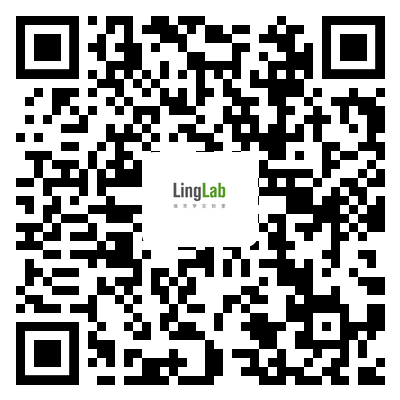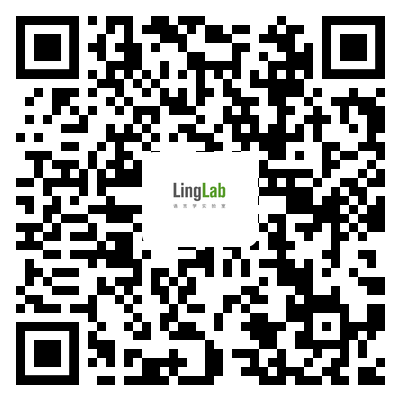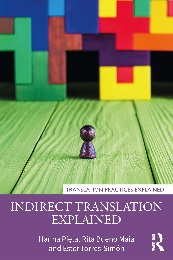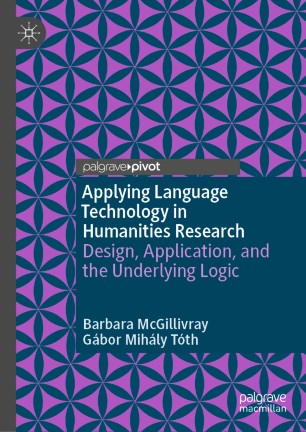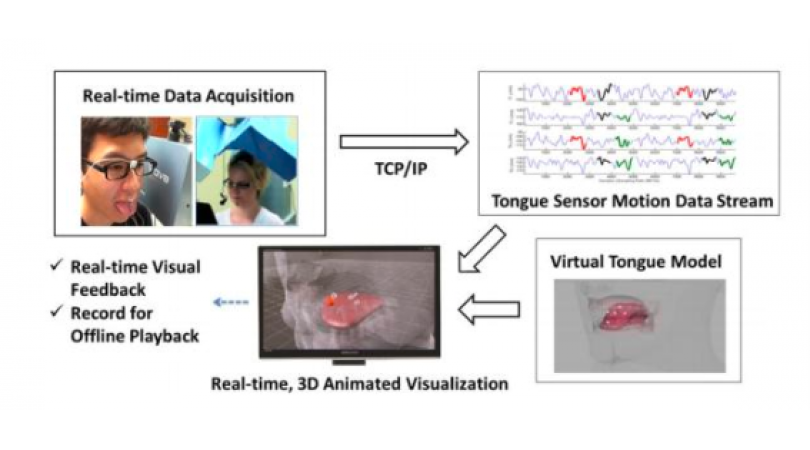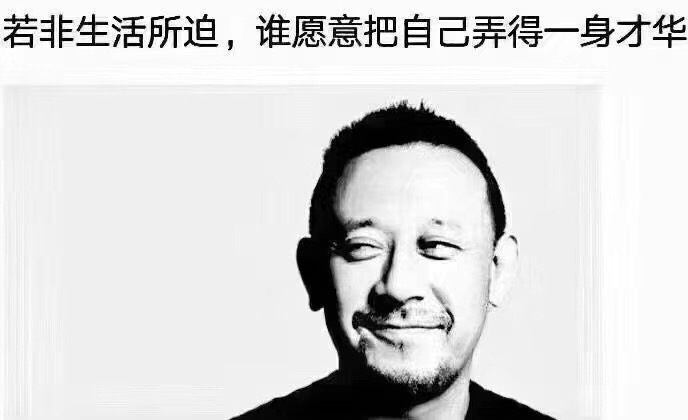2525 阅读 116 下载 2022-06-09 21:39:32 上传 2.59 MB
Indirect Translation Explained等2则书讯
今日推出2则书讯:
①2022年团购专著Indirect Translation Explained
欲获取更多关于此书的资讯,请添加“语言学小电”的微信13764179404进行咨询!
②2020年前沿专著Applying Language Technology in Humanities Research: Design, Application, and the Underlying Logic
封面 | 概况 | 书讯类型 |
|
【书名】:Indirect Translation Explained 【作者】:Hanna Pięta et al. 【年份】:2022年 【简介】:【团购资源】非直接翻译研究 Indirect Translation Explained is the first comprehensive, user-friendly book on the practice of translating indirectly in today’s world. Unlike previous scholarly approaches, which have traditionally focused on translating from the original, this textbook offers practical advice on how to efficiently translate from an already translated text and for the specific purpose of further translation.
Written by key specialists in this area of research and drawing on many years of translation teaching and practice, this process-focused textbook covers a range of languages, geographical settings and types of translation, including audiovisual, literary, news, and scientific-technical translation, as well as localization and interpreting. Since this topic addresses the concerns and practices of both more peripheral and more dominant languages, this textbook is usable by all, regardless of the language combinations they work with.
Featuring theoretical considerations, tasks for hands-on practice, suggestions for further discussion and diverse, real-world examples, this is the essential textbook for all students and autodidacts learning how to translate via a third language. | 此书讯“语言学小电”提供,感兴趣可添加“语言学小电”的微信13764179404进行咨询! |
| 【书名】:Applying Language Technology in Humanities Research: Design, Application, and the Underlying Logic 【作者】:Barbara McGillivray, Gábor Mihály Tóth 【年份】:2020年 【简介】:This book presents established and state-of-the-art methods in Language Technology (including text mining, corpus linguistics, computational linguistics, and natural language processing), and demonstrates how they can be applied by humanities scholars working with textual data. The landscape of humanities research has recently changed thanks to the proliferation of big data and large textual collections such as Google Books, Early English Books Online, and Project Gutenberg. These resources have yet to be fully explored by new generations of scholars, and the authors argue that Language Technology has a key role to play in the exploration of large-scale textual data. The authors use a series of illustrative examples from various humanistic disciplines (mainly but not exclusively from History, Classics, and Literary Studies) to demonstrate basic and more complex use-case scenarios. This book will be useful to graduate students and researchers in humanistic disciplines working with textual data, including History, Modern Languages, Literary studies, Classics, and Linguistics. This is also a very useful book for anyone teaching or learning Digital Humanities and interested in the basic concepts from computational linguistics, corpus linguistics, and natural language processing. | 此资源由网友提供 |
